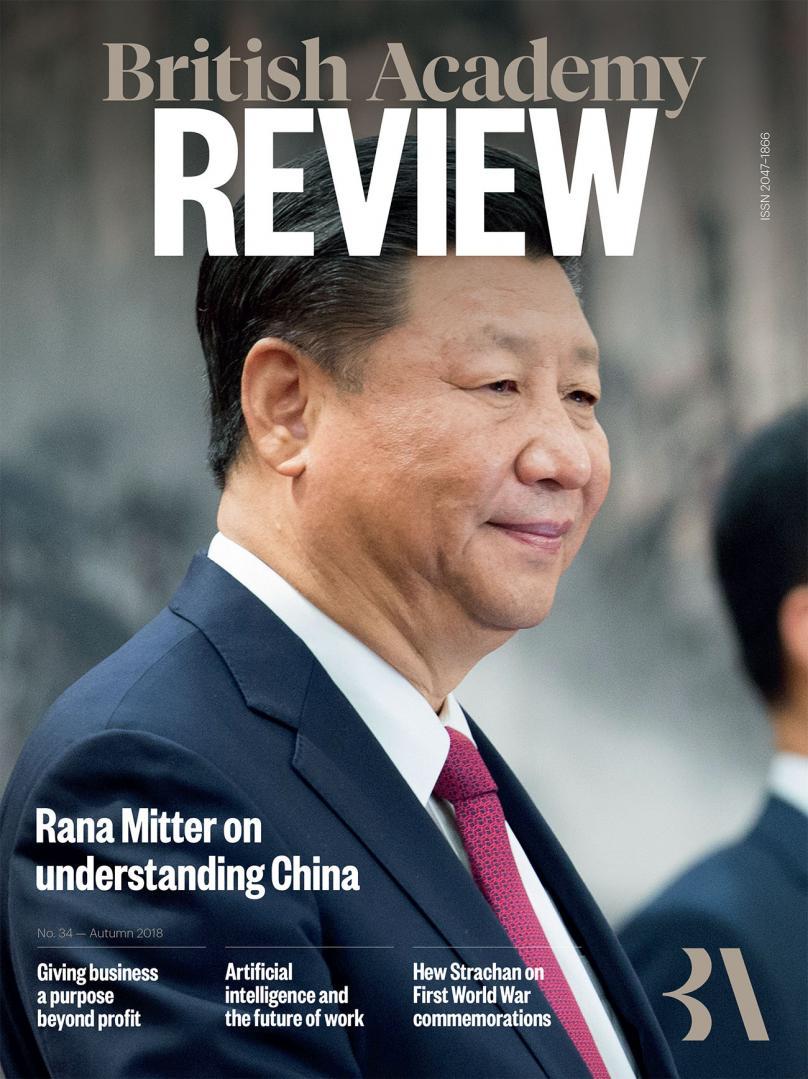
A prosperous society is not necessarily a society that is wealthy – although a strong economy is an essential part of it. Instead, it is a society that is inclusive, sustainable, and capable of offering its residents the ability to have a fulfilling life.
Published: Tuesday 20 November, 2018
Over the past decade or so, it has become increasingly clear that our once widely accepted economic paradigms are contributing to the greatest challenges of our times, rather than steering us to a sustainable and prosperous future.
Economic growth once guaranteed a continuous increase in the standard of living of normal people, and the companies who drove this growth forward could be proud of the value they provided to society. But somewhere along the lines, we have lost our way.
We now find ourselves in a position where we increasingly face a two-tiered system. The small amount by which the economy does grow disproportionately goes to those who already have wealth, whilst those who need it most are left without opportunity.
Stagnant incomes in the UK over the past 10 years and a huge generational divide in wealth are leading to pessimism over the future, as the lack of opportunity sets in. Some 53 per cent of people believe today’s youth will have a worse standard of living than their parents. Fifteen years ago, this figure was just 12 per cent. People don’t have faith in their lives getting better anymore, and many view business as part of the problem rather than part of the solution. There has been a breakdown of trust between business and society.
A prosperous society is not necessarily a society that is wealthy – although a strong economy is an essential part of it. Instead, it is a society that is inclusive, sustainable, and capable of offering its residents the ability to have a fulfilling life. This has sparked an interest in new types of conversations about the most efficient ways in which economic resources can translate into well-being for both people and the environment. One of these conversations has been about rethinking and redefining the meaning of prosperity, as well as promoting multi-dimensional theories of well-being, happiness, and social progress as an alternative to the dogma of GDP growth.
We need to see a similar shift in the business world. The hoped-for linkage between profit and improving society is sometimes true, but all too often it is not, and it is increasingly evident that the narrow goal of ‘profit maximisation as soon as possible’ does not coincide with the best interests of society or the safeguarding of the planet’s resources.
You can read the full article here


